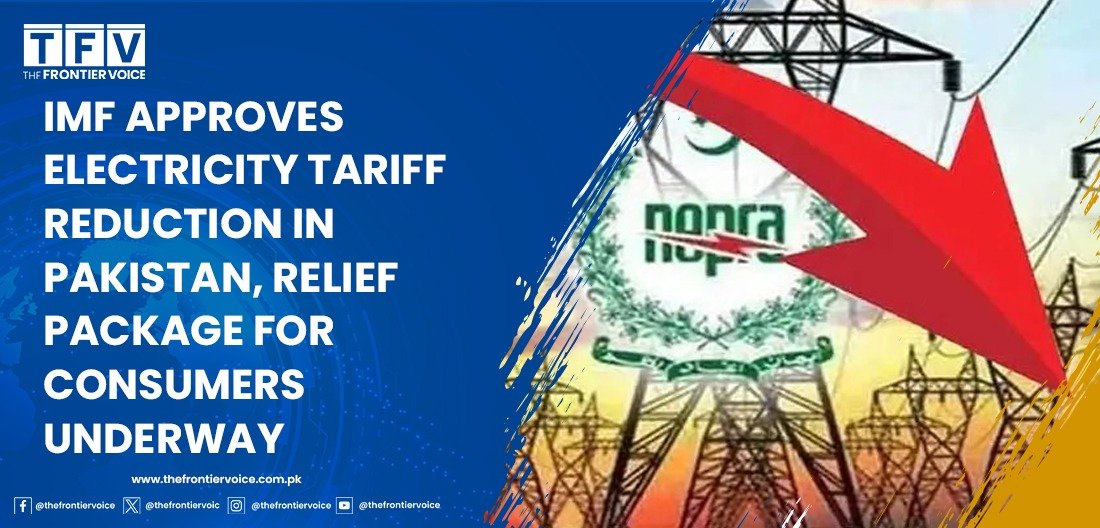BUSINESS/FINANCE
IMF Approves Electricity Tariff Reduction in Pakistan, Relief Package for Consumers Underway

In a significant move aimed at alleviating the financial burden on Pakistani consumers, the International Monetary Fund (IMF) has approved a reduction of Re1 per unit in electricity tariffs. This reduction, which will provide relief to households and industries nationwide, is part of Pakistan’s ongoing efforts to stabilize its energy sector and manage public finances more effectively.
The tariff cut will be funded through a levy imposed on captive power plants that rely on natural gas, a strategy introduced by the government to ensure financial sustainability in the energy sector. The move has been hailed as a necessary step in light of the ongoing challenges faced by both consumers and businesses struggling with high energy costs.
The Pakistani government is also preparing a comprehensive relief package that will provide further financial support to vulnerable households and industries. This package, however, is subject to approval by the IMF and could be implemented in the coming months if the necessary agreements are reached.
The announcement came shortly after Pakistan and the IMF reached a staff-level agreement for the first economic review under the Extended Fund Facility (EFF). This agreement unlocks a crucial $1 billion tranche, which will help bolster the country’s foreign exchange reserves and support its ongoing economic recovery efforts.
Additionally, Pakistan secured a new $1.3 billion arrangement under the Resilience and Sustainability Facility (RSF), further strengthening its financial position. This brings the total IMF financing package for Pakistan to $2.3 billion, a significant milestone in the country’s efforts to stabilize its economy amidst global economic uncertainty.
The IMF praised Pakistan for its progress in fiscal discipline, reducing inflation, and stabilizing its external balances. However, it also warned that the country still faces significant risks, including geopolitical instability, fluctuating global commodity prices, and the adverse effects of climate change, which could impede its economic recovery.
With these new developments, the Pakistani government aims to provide much-needed financial relief to its citizens while continuing to address long-term structural issues within its economy.
